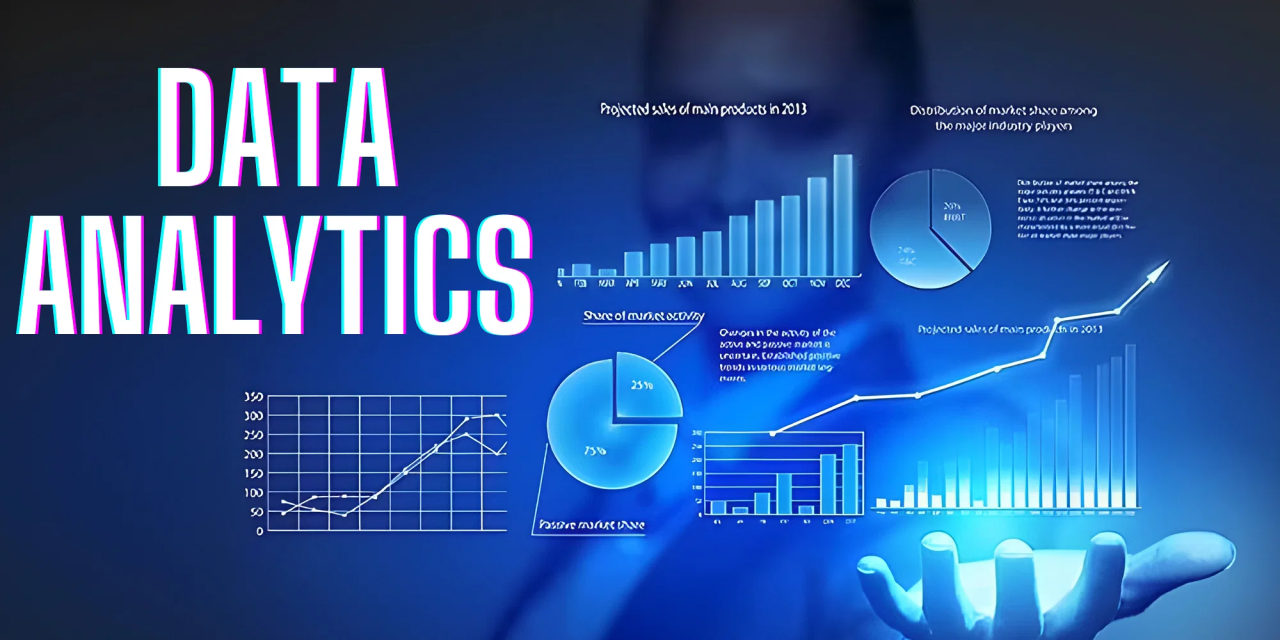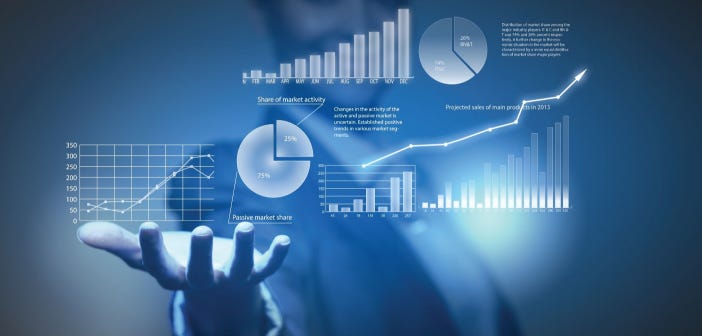Data analytics has become a game-changer in political campaigns, offering unprecedented insights into voter behavior, preferences, and trends. By harnessing the power of data, campaigns can craft more targeted strategies, optimize resources, and enhance their overall effectiveness. This article delves into how data analytics is revolutionizing political campaigns, exploring its impact, benefits, and the challenges that come with its use.
Understanding Data Analytics in Political Campaigns
1. Defining Data Analytics
Data Collection:
Data analytics involves collecting and analyzing vast amounts of data to extract meaningful insights. In political campaigns, this data can include voter demographics, voting history, social media interactions, and survey responses.
Analytical Techniques:
Advanced analytical techniques, such as predictive modeling, sentiment analysis, and segmentation, are used to interpret data. These techniques help campaigns understand voter behavior and preferences, guiding strategic decisions.
Real-Time Insights:
Data analytics provides real-time insights, allowing campaigns to respond quickly to emerging trends and adjust their strategies accordingly. This immediacy enhances the ability to engage with voters effectively.

2. Historical Context
Early Uses of Data:
The use of data in political campaigns dates back to the 20th century, with basic voter surveys and demographic analysis. However, the advent of digital technology and the internet has significantly expanded the scope and depth of data collection.
Modern Advancements:
In recent years, the development of sophisticated data analytics tools and techniques has revolutionized political campaigning. The 2008 Obama campaign is often cited as a pioneer in leveraging data analytics for targeted outreach and strategy.
Impact of Data Analytics on Political Campaigns
1. Enhanced Targeting and Personalization
Voter Segmentation:
Data analytics allows campaigns to segment voters into distinct groups based on demographics, interests, and behavior. This segmentation enables personalized messaging and outreach strategies tailored to each group’s preferences.
Micro-Targeting:
Micro-targeting involves delivering highly specific messages to individual voters based on their data profile. This approach increases the relevance of campaign messages and improves engagement by addressing the unique concerns of each voter.
Customized Campaign Strategies:
By analyzing voter data, campaigns can develop customized strategies that resonate with specific segments. This includes targeted advertising, personalized content, and tailored campaign events that align with voters’ interests and values.
2. Optimized Resource Allocation
Efficient Fundraising:
Data analytics helps campaigns identify potential donors and optimize fundraising efforts. By analyzing donor behavior and preferences, campaigns can target their fundraising appeals more effectively and maximize contributions.
Strategic Ad Spending:
Campaigns can use data to optimize their ad spending by identifying the most effective channels and times for reaching their target audience. This reduces wasted expenditure and enhances the impact of advertising campaigns.
Resource Deployment:
Data analytics guides the deployment of campaign resources, such as staff and volunteers. By analyzing voter turnout patterns and campaign effectiveness, campaigns can allocate resources to areas with the highest potential impact.
3. Improved Voter Engagement
Real-Time Feedback:
Social media and online platforms provide real-time feedback on campaign messages and activities. Data analytics helps campaigns monitor public sentiment and adjust their strategies based on voter reactions and engagement levels.
Engagement Strategies:
Analytics enable campaigns to develop engagement strategies that resonate with voters. By understanding voter preferences and behaviors, campaigns can create interactive content, conduct targeted outreach, and foster meaningful connections with supporters.
Event Planning and Management:
Data analytics aids in planning and managing campaign events by analyzing attendee preferences and past event performance. This helps ensure that events are well-attended and aligned with voter interests.
Challenges and Considerations
1. Data Privacy and Security
Protecting Personal Information:
The collection and use of voter data raise concerns about privacy and data security. Campaigns must implement robust measures to protect personal information and ensure compliance with data protection regulations.
Ethical Use of Data:
Ethical considerations around data use include ensuring transparency and avoiding manipulative practices. Campaigns must balance the benefits of data analytics with the need for ethical and responsible data management.
2. Data Quality and Accuracy
Ensuring Data Accuracy:
Accurate data is crucial for effective analytics. Campaigns must ensure that the data they collect is reliable and up-to-date to avoid misleading insights and flawed decision-making.
Addressing Data Gaps:
Incomplete or missing data can impact the effectiveness of analytics. Campaigns need to address data gaps and integrate diverse data sources to obtain a comprehensive view of voter behavior and preferences.
3. Managing Complexity
Navigating Complex Analytics Tools:
The complexity of data analytics tools and techniques can be challenging for campaigns. Ensuring that staff are trained to use these tools effectively and interpreting data accurately are essential for maximizing their benefits.
Balancing Data with Human Insight:
While data analytics provides valuable insights, it should be complemented with human intuition and experience. Balancing data-driven decisions with qualitative insights ensures a holistic approach to campaign strategy.
Strategies for Effective Use of Data Analytics
1. Investing in Data Infrastructure
Building a Data Infrastructure:
Investing in robust data infrastructure, including data management systems and analytics tools, is essential for effective data analysis. This infrastructure supports the collection, storage, and analysis of large volumes of data.
Hiring Data Experts:
Employing data experts, such as data analysts and data scientists, enhances a campaign’s ability to leverage data effectively. These professionals can interpret complex data and provide actionable insights for strategy development.
Continuous Data Monitoring:
Ongoing monitoring and analysis of data ensure that campaigns remain responsive to changing trends and voter behavior. Regular updates and adjustments based on data insights help maintain campaign relevance and effectiveness.
2. Utilizing Data for Strategic Planning
Developing Data-Driven Strategies:
Campaigns should use data to inform strategic planning, including messaging, advertising, and outreach efforts. Data-driven strategies enable campaigns to make informed decisions and optimize their approach.
Evaluating Campaign Performance:
Data analytics helps evaluate the performance of campaign activities and initiatives. By analyzing metrics such as engagement rates, ad effectiveness, and voter turnout, campaigns can assess their impact and identify areas for improvement.
Integrating Data Insights:
Integrating data insights into all aspects of the campaign, from messaging to resource allocation, ensures that decisions are based on comprehensive and accurate information. This holistic approach enhances the overall effectiveness of the campaign.
Conclusion
Data analytics is revolutionizing political campaigns by providing valuable insights into voter behavior, preferences, and trends. Its impact extends across targeting, resource allocation, and voter engagement, offering significant advantages for modern campaigns. However, challenges related to data privacy, accuracy, and complexity must be managed effectively. By investing in data infrastructure, employing data experts, and utilizing data for strategic planning, campaigns can harness the power of data analytics to drive success and achieve electoral goals.
Meta Description:
Discover how data analytics is revolutionizing political campaigns, enhancing targeting, resource allocation, and voter engagement. Learn about the impact, benefits, and challenges of leveraging data in modern political strategy.

